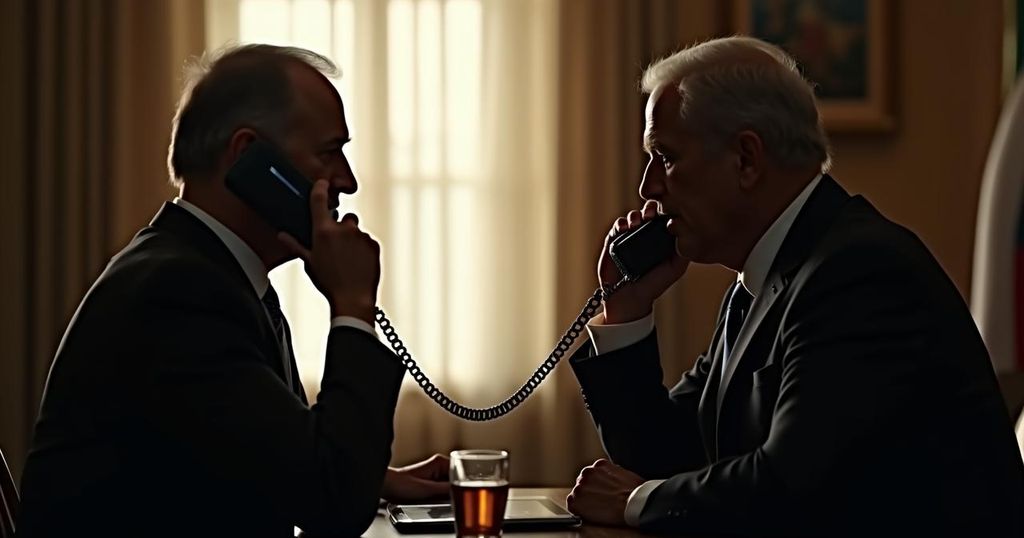Escalation of Conflict in Lebanon Following Assassination of Hezbollah Leader

Israel’s recent military campaign in Lebanon follows the killing of Hezbollah leader Hassan Nasrallah, resulting in significant casualties and displacement. Tensions have escalated with continued rocket fire from Hezbollah and Israeli airstrikes, raising global concerns over the potential for an all-out war. Key international figures, including US President Joe Biden, are seeking dialogue to prevent further hostilities.
Israel has intensified its military operations in Lebanon following the targeted assassination of Hezbollah leader Hassan Nasrallah, with multiple airstrikes reported across the country. In addition to Nasrallah, key Hezbollah figures including Nabil Kaouk and Ali Karaki were killed, marking a significant escalation in the conflict. Despite retaliatory rocket fire from Hezbollah into northern Israel, many projectiles were intercepted or landed in uninhabited areas. The recent military actions have resulted in the deaths of over a hundred individuals and displaced approximately 250,000 people. A ceasefire has been ruled out by Israel, which is focusing on the resettlement of displaced citizens along its northern border. Amid mounting calls for a ceasefire, fears of wider regional conflict are escalating.
The crisis in Lebanon is rooted in escalating tensions between Israel and Hezbollah, particularly following the assassination of Hassan Nasrallah by Israeli forces, which has further destabilized the region. The ongoing conflict has profound humanitarian implications, with reports indicating widespread displacement and casualties resulting from airstrikes. As international actors weigh in, including calls for respect of Lebanese sovereignty from countries like Egypt and Saudi Arabia, there remains an urgent need for diplomatic interventions to prevent an all-out war. Key players, such as the United States, have reiterated the importance of avoiding further escalation while acknowledging the complexities of regional geopolitics.
The current state of affairs in Lebanon reflects a dire humanitarian crisis exacerbated by military conflict following Israel’s targeted strikes against Hezbollah leadership. The situation calls for immediate international attention and diplomatic efforts to secure a ceasefire and protect civilians from further violence. As global leaders engage with regional counterparts, the potential for a broader conflict hangs ominously overhead, underscoring an urgent need for resolution in the Middle East.
Original Source: www.hindustantimes.com








